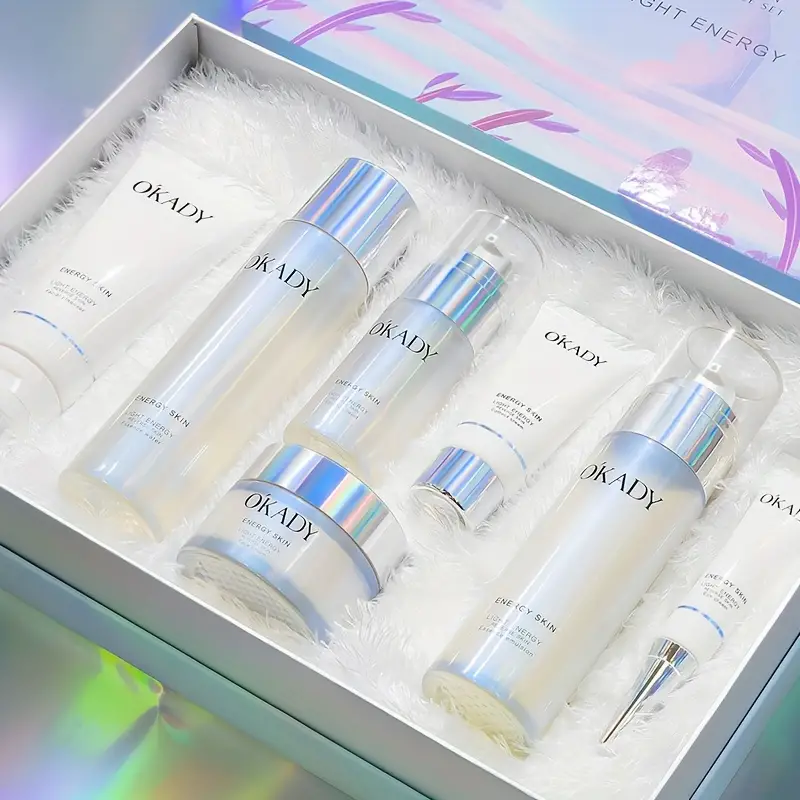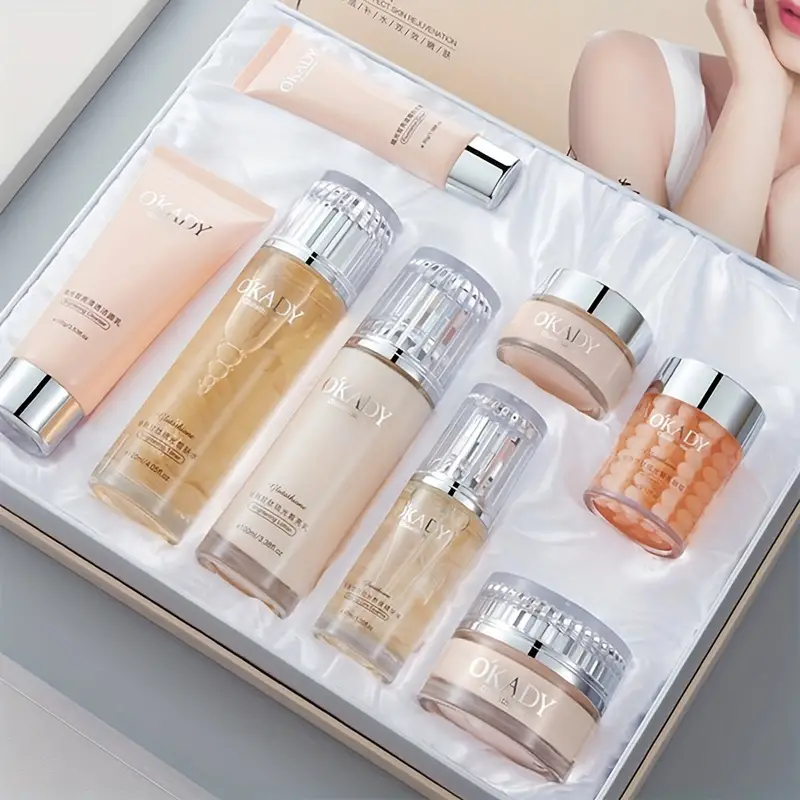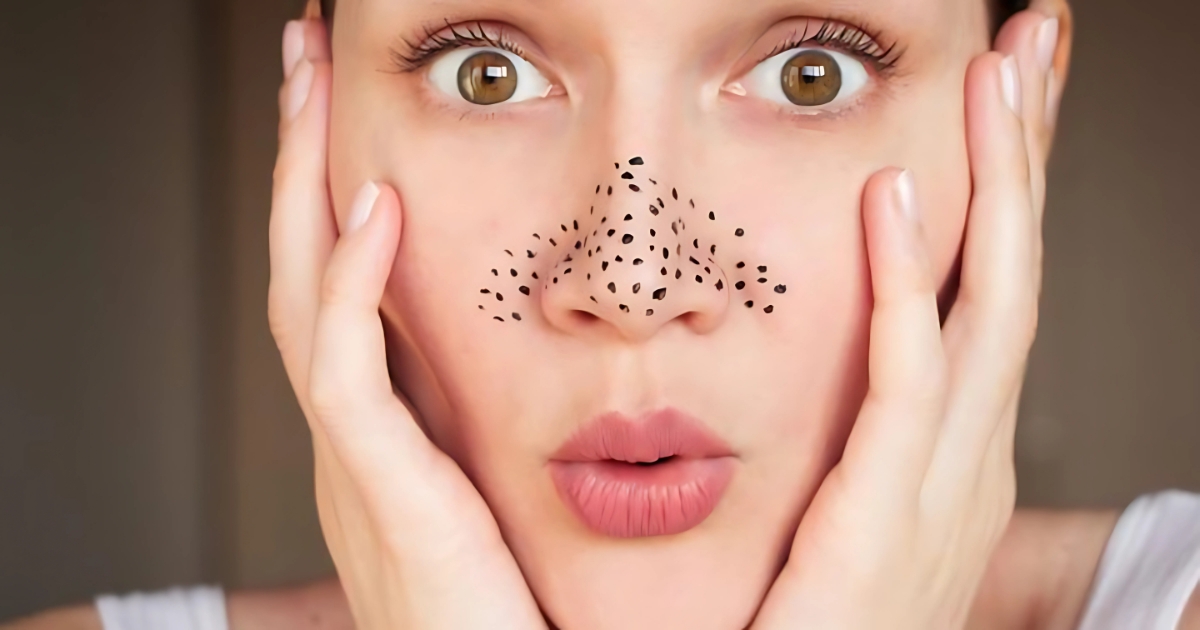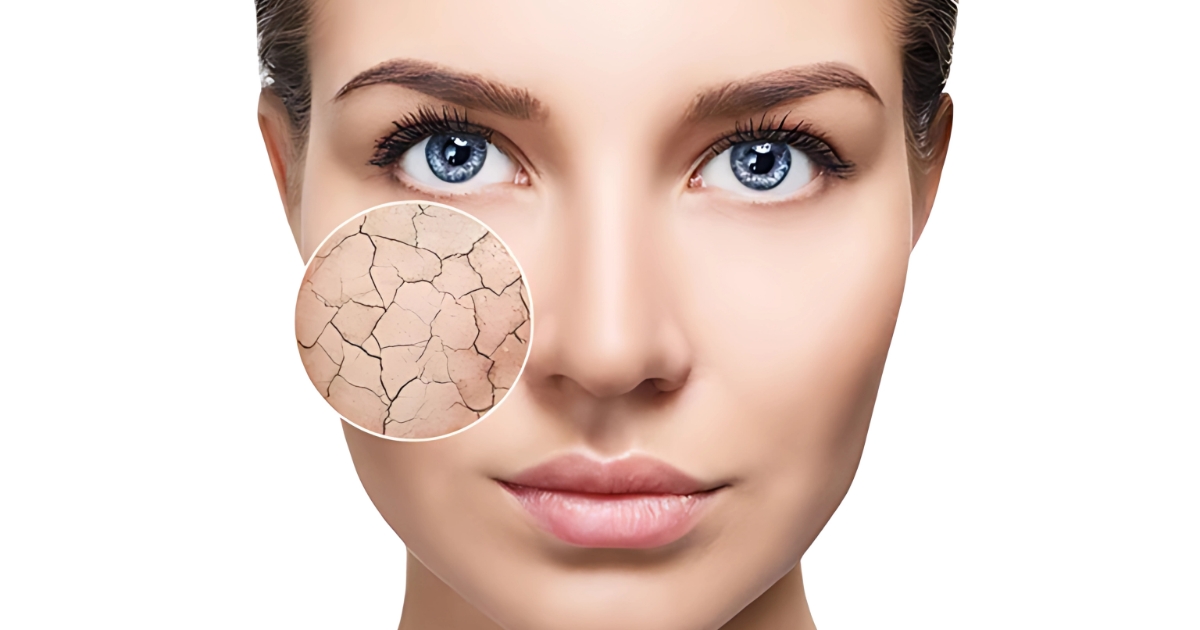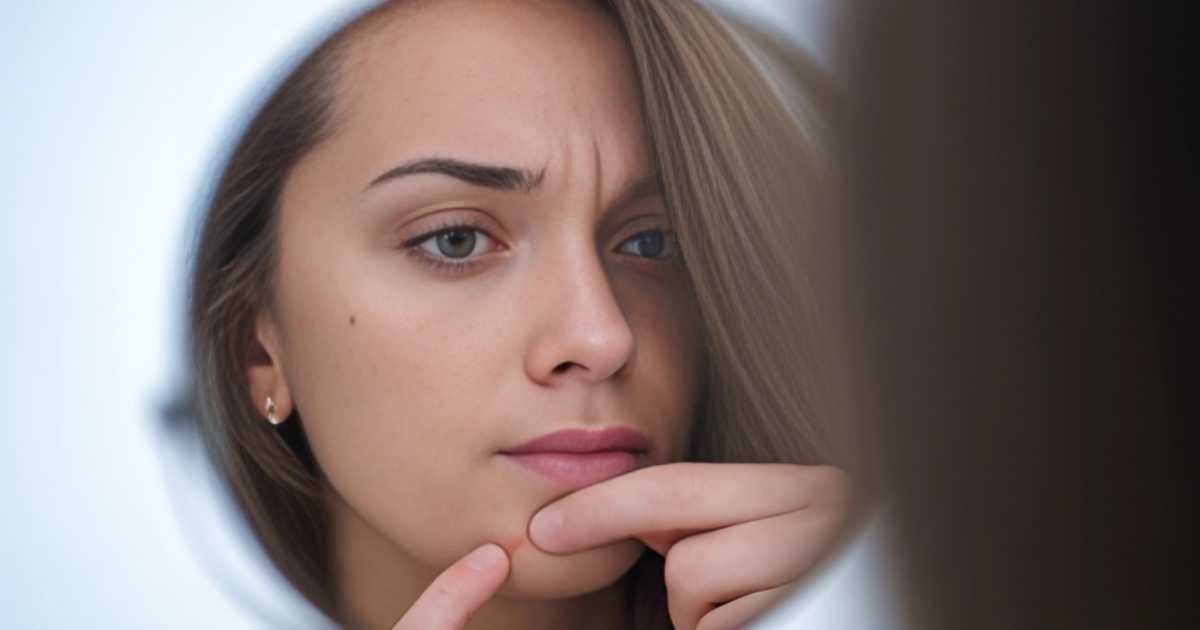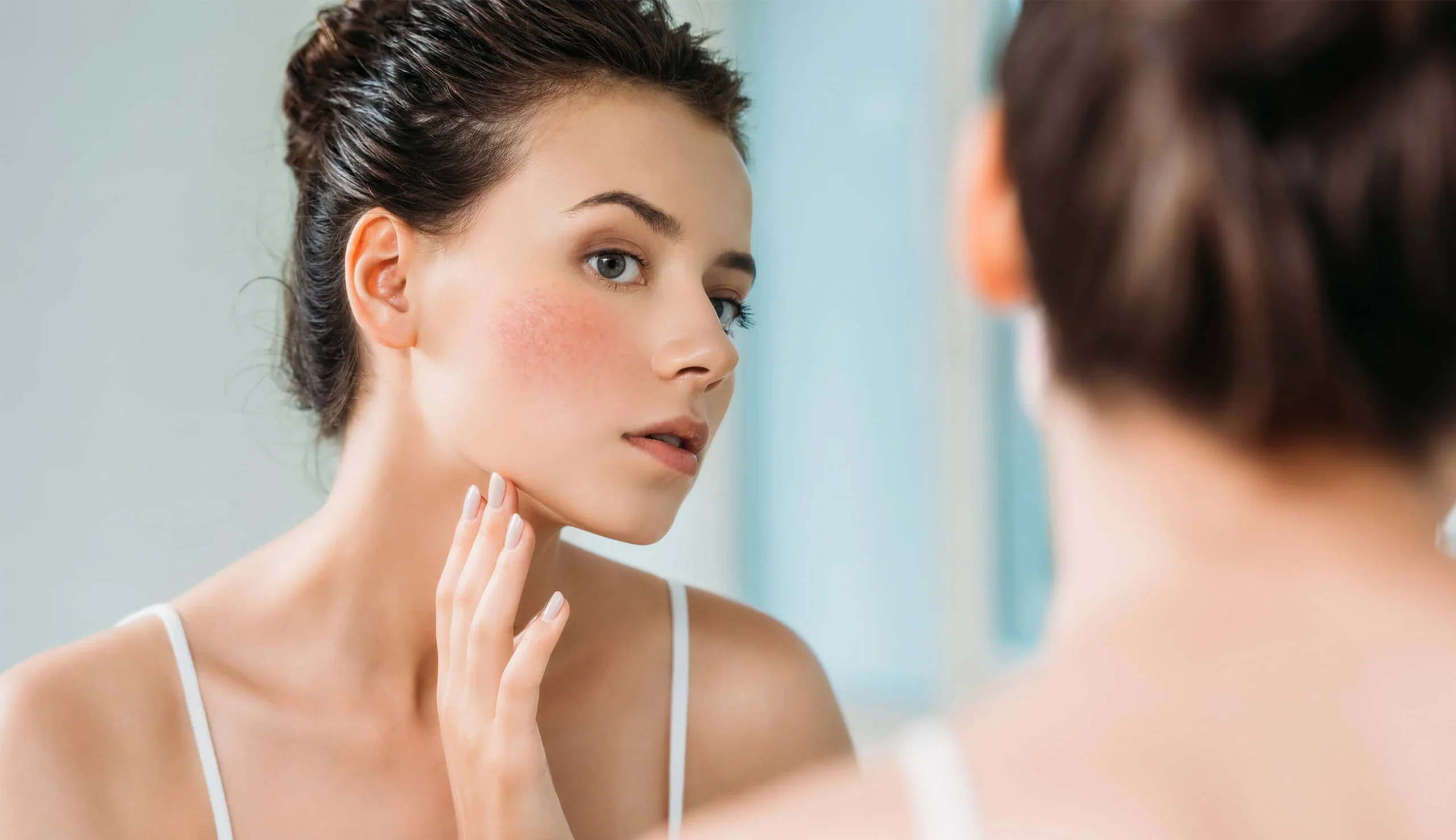
- Home
- Medical advice, Skincare Routine
acne spot treatment
acne spot treatment
Managing acne can be tough, but with the right steps, it’s possible to control and prevent it. This guide outlines effective treatments, examines lifestyle factors, and offers tips for achieving and maintaining clear, healthy skin.
Key Takeaways
- Understand different acne types and underlying causes
- Explore effective over-the-counter and topical treatments designed for acne-prone skin.
- Learn how lifestyle factors such as diet and stress can influence acne development.
- Explore dermatologist-recommended solutions and medical treatments for acne
- Create a personalized acne management plan tailored to your specific skin type and concerns.
A Guide to Understanding Various Types of Acne and Their Causes
Acne is a widespread skin condition that affects people of all ages and appears in different forms. Knowing the types of acne and their underlying causes is key to choosing effective treatment options.
Hormonal vs. Bacterial Acne
- Hormonal Acne: Triggered by hormonal fluctuations, such as those during puberty, menstruation, or pregnancy, which boost oil production, leading to clogged pores and breakouts.
- Bacterial Acne: Caused by excess bacteria on the skin’s surface, leading to inflamed, red, and often painful pimples that typically appear on the face, chest, or jawline.
Common Triggers and Risk Factors
- Hormonal changes: Shifts in hormones, including estrogen, progesterone, and testosterone, can increase the risk of acne by boosting oil production.
- Stress: Elevated stress levels can lead to higher oil production and inflammation, which may trigger breakouts.
- Diet: Consuming refined carbs and dairy products may exacerbate acne in some individuals.
- Genetics: A family history of acne can raise the likelihood of developing it.
- Certain Medications: Drugs like corticosteroids and lithium may contribute to or intensify acne.
Pimples by Location and Possible Causes
- Forehead: Excess oil production, clogged pores
- Cheeks: Bacterial contamination (e.g., from phones or pillowcases)
- Jawline: Hormonal imbalances
- Chin: Hormonal changes, stress
- Back and Shoulders: Excess oil, friction from clothing
By understanding the different types of acne and their causes, you can better address the underlying issues, paving the way to clearer, healthier-looking skin.
The Science Behind Effective Acne Spot Treatment
Spot treatments work by targeting the root causes of acne, helping to reduce inflammation, combat bacteria, and clear out clogged pores.
Key Ingredients in Spot Treatments
- Salicylic Acid: Clears pores and reduces inflammation.
- Benzoyl Peroxide: Fights acne-causing bacteria.
- Retinoids: Promote regular skin cell turnover to prevent clogged pores.
Proper Application Techniques
Apply spot treatments by gently dabbing them onto the affected area. Avoid rubbing them in, as this can irritate the skin, and refrain from leaving them on for too long to prevent excessive dryness.
Understanding the science behind spot treatments can enhance your acne management strategy, helping you maintain clear and healthy skin.
Over-the-Counter Solutions and Topical Treatments
OTC products can be effective for managing acne. Incorporating them into a consistent skincare routine boosts their effectiveness.
Top Ingredients for Fighting Acne
- Salicylic Acid: Unclogs pores and exfoliates
- Benzoyl Peroxide: Kills bacteria
- Retinoids: Boosts cell turnover and unclogs pores
- Hyaluronic Acid: Hydrates and soothes
- Ceramides: Strengthens skin’s barrier
Choosing Products by Skin Type
- For Dry or Sensitive Skin: Seek out hydrating ingredients such as hyaluronic acid, ceramides, and glycerin.
- For Oily or Combination Skin: Consider using more potent oil-absorbing products.
Lifestyle Factors Affecting Acne Development
Acne is often affected by lifestyle choices. Here are essential lifestyle factors that may contribute to breakouts.
Diet and Nutrition
A balanced diet can reduce acne risk. Foods that are high in refined carbohydrates and dairy products may exacerbate acne, whereas a diet rich in fresh fruits, vegetables, and lean proteins can contribute to clearer skin.
Stress and Anxiety
Elevated stress levels result in increased cortisol production, which triggers higher oil production and inflammation, potentially leading to acne. Implementing stress management strategies, such as meditation or yoga, can positively impact your skin health.
Substance Use
- Smoking: can affect hormone levels, potentially worsening acne.
- Marijuana and Vaping: may alter hormone levels, which can contribute to worsening acne.
- Masturbation: Although the connection to acne is not well defined, some people report experiencing hormonal changes that seem to influence their breakouts.
Adopting a healthy lifestyle featuring balanced nutrition, stress management, and the avoidance of certain substances can significantly enhance your skin’s health.
Professional Treatment Options and Medical Interventions
For severe or persistent acne, seeking advice from a dermatologist can offer more treatment options.
Dermatologist-Recommended Solutions
- Prescription creams, gels, or serums containing retinoids, benzoyl peroxide, or antibiotics may be recommended.
- Oral medications like antibiotics or hormonal therapies
Laser Treatments for Acne and Scars
Treatments such as blue light therapy or fractional CO₂ laser resurfacing can help reduce inflammation, eliminate bacteria, and enhance the appearance of scars.
Prescription Medications
For severe acne cases, isotretinoin (Accutane) may be prescribed. While these treatments can be highly effective, they may have potential side effects, so it is crucial to adhere to your dermatologist’s recommendations.
FAQ:
How can I effectively treat my acne?
Utilize treatments containing benzoyl peroxide, salicylic acid, or retinoids. Maintain a gentle skincare routine, manage stress levels, and consider dietary adjustments to help minimize breakouts.
Can you explain the various forms of acne and the factors that cause each type?
Hormonal acne arises from changes in hormone levels, whereas bacterial acne is caused by an overgrowth of bacteria. Typical triggers include genetic factors, stress, and specific medications.
How does acne spot treatment work?
Spot treatments focus on addressing particular causes of acne, such as clogged pores and bacterial buildup. Key ingredients like salicylic acid, benzoyl peroxide, and retinoids work to exfoliate the skin, eliminate bacteria, and reduce the risk of future breakouts.
What are the best over the counter solutions and topical treatments for acne?
Opt for products containing benzoyl peroxide, salicylic acid, retinoids, or tea tree oil, and ensure they are non-comedogenic and free from added fragrances.
How do lifestyle factors affect acne development?
Diet, stress levels, and substance use all influence acne. Consuming processed foods, experiencing high stress, and habits like smoking or vaping can aggravate breakouts, whereas maintaining a balanced lifestyle supports healthier skin.
What professional treatment options are available?
For severe acne, options include prescription treatments, hormonal therapies, and professional procedures such as laser treatments and chemical peels. Consulting a dermatologist can provide personalized guidance for the most effective approach.
Skin care products
Discover the best products for treating acne effectively and safely, with advanced technologies and natural ingredients to cleanse pores, reduce inflammation, and hydrate the skin. Achieve clear and healthy skin with confidence.

